Restore Your Sexual Wellness
We identify and treat the root cause of your symptoms
While research suggests that sexual dysfunction is common, many people don’t like talking about it. Because treatment options are available, though, you should share your concerns with your partner and healthcare provider. Sexual dysfunction can affect any age, although it is more common in those over 40 because it’s often related to a decline in health associated with aging.
Dual Stellate Ganglion Block (DSGB)
Dual Stellate Ganglion Block (DSGB)
The Dual Stellate Ganglion Block is an innovative treatment that utilizes two strategically placed injections on one side of your neck that target your body’s stress response system – the sympathetic nervous system. The Dual Stellate Ganglion Block (DSGB) is a promising biological intervention addressing an array of debilitating symptoms tied to an overactive sympathetic nervous system triggered by trauma or sustained stress.
Hormone Optimization
Hormone Optimization
Chronic stress causes alterations in brain function, leading to anxiety and depressive disorders affecting the hippocampus, amygdala, and prefrontal cortex. When testosterone and other hormones are imbalanced, the brain minds the gap with cortisol, leading to elevated heart rate and high blood pressure.By re-introducing hormone balance, symptoms often are relieved and an improved quality of wellness occurs.
BrainTap
BrainTap
BrainTap helps resynchronize your brain waves to their proper state. This leads to more energy and clarity during the day, and better, deeper rejuvenation sleep at night.
Because BrainTap can also help your brain shift to a meditative, open-minded, and relaxed state where the division between conscious and subconscious isn't as definitive, BrainTap can also be used therapeutically to help address various thought patterns and mental habits.
How Testosterone Therapy May Help
In a study at the University of Washington, researchers measured pituitary function in veterans with and without blast-related TBI. Results found that 11 of 26 (42%) with blast-related injuries had hormone imbalances, while the control group did not show hormone imbalance. Testosterone replacement therapy helps return testosterone levels to optimal ranges, promoting healthy brain activity from neurophysiology, sexuality, and psychology to aging, leading to an improved quality of life.
How TBI and PTSD May Affect Sex Drive
50% Experience Low Sex Drive
40-60% Experience Erectile Dysfunction
40% Experience Difficulty Reaching Orgasm
How the Brain Uses Testosterone
Testosterone plays a crucial role in the brain, from organizational to bodily activation effects. Testosterone helps keep the brain's psychophysiology (mental process) running smoothly. Testosterone is strongly dependent on cognitive, emotional, and biobehavioral functions. Researchers have repeatedly confirmed that as men and women age, testosterone naturally decreases, hindering the brain's normal functions.

TBI, PTDS and Veterans
According to the American Speech-Language-Hearing Association and the Department of Defense, Traumatic brain injury (TBI) and post-traumatic stress disorder (PTSD) are frequently comorbid in veterans . According to the American Speech-Language-Hearing Association and the Department of Defense, Traumatic brain injury (TBI) and post-traumatic stress disorder (PTSD) are frequently comorbid in veterans veterans of war/deployment.
The Department of Defense (DOD) defines the following levels of severity (Defense Health Agency, 2019):
